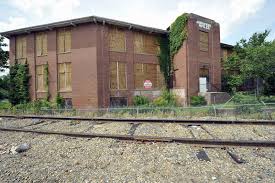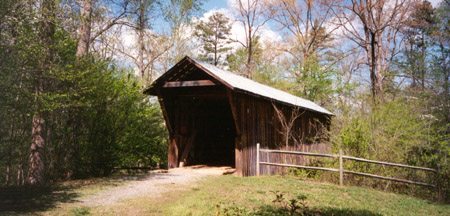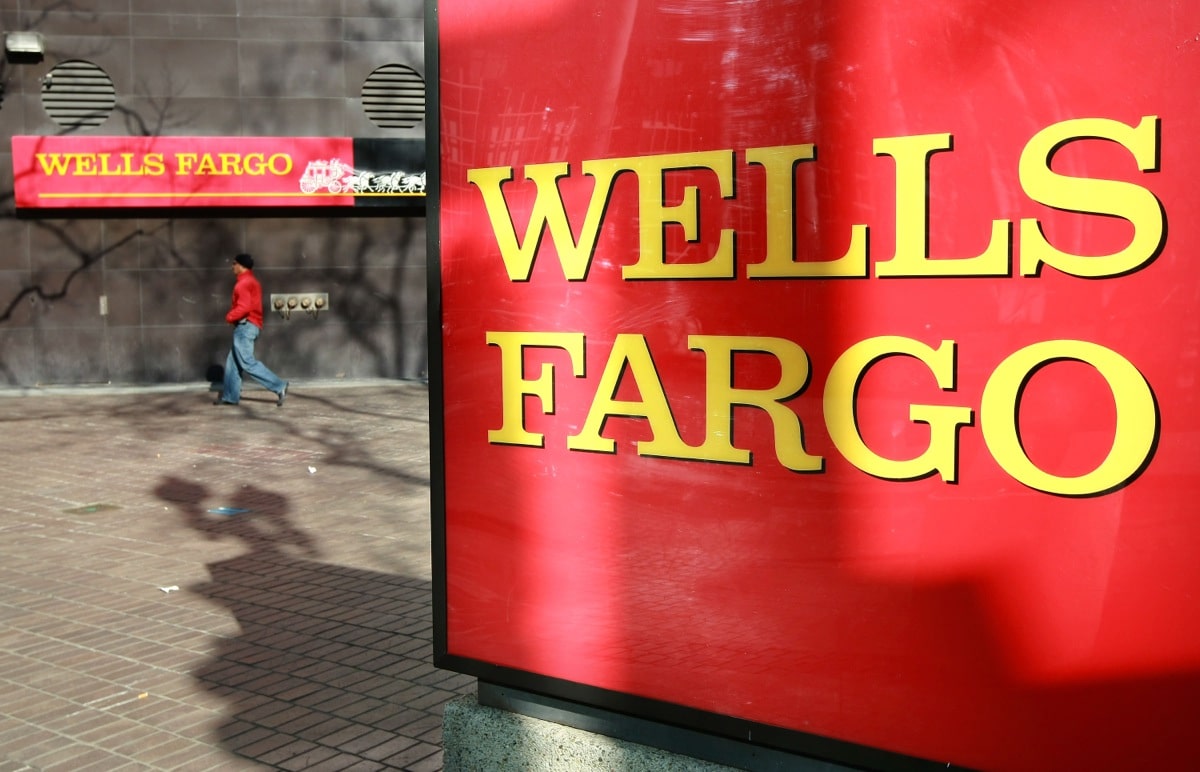Johnston Mill, first opened in 1916 is about to get a new life. The mill was a large employer for the area starting during World War 1 and the Johnston family helped shape the NoDa area. This includes everything from the small mill homes, many of which are still here today, to the businesses that were built to support the mill workers.
In 1975, 45 years ago, the mill shut its doors. It was one of the last remaining mills in the area at the time. The mill had been responsible for making many products, including tents and soldier’s uniforms. Since its closure, the building has been vacant and many proposals have been put forth to utilize the space.
The mill is located on North Davidson Street and is prime real estate in the NoDa area. The new project is the work of The Community Builders (TCB). TCB is a national developer specializing in all types of housing from mixed-income housing, to senior living, and from urban to suburban settings. They mainly work in the eastern half of the United States.
TCB has one completed project in the NoDa area in the old Mecklenburg Mill. That old mill building was converted into The Lofts at NoDa Mills. This popular spot opened in 2015 and has a waitlist for units over a year long, and with good reason. There are amazing amenities in the building and we expect nothing less from the new project.
The Johnston Mill project has plans to renovate the entire 110,000 square foot building into 80 to 85 apartment units. Additionally they will build a 145,000 square foot building on 36th street next to the light rail which will have around 150 additional apartments and 3,000 square feet of retail space. There will be a lounge, fitness center, outdoor gathering space, and a swimming pool as part of the new building, but will serve as amenities for both buildings. 60 of the units will be reserved for lower income residents. These residents have to make up to 80 percent of the area median income which for a Charlotte area family of four is about $66,800.
This project is a great revitalization of a historic building and they will be retaining the character of the building. In fact, they have to adhere to historical preservation standards during the renovation in order to get historic tax credits. The building is in remarkably good condition since it has been largely vacant for 45 years.
TCB expects to file for building permits in the next few weeks and construction should commence early in 2021. The timeline is around 19 months which would put completion in mid- to late-2022.
As always, we will be keeping an eye on this project as construction begins. It will join many other projects in recent years where historic buildings have been given new life as apartments, offices, breweries, galleries and much more. Hopefully future projects will be as forward thinking as this one to include more affordable units to help ease the affordability crisis in the region.














